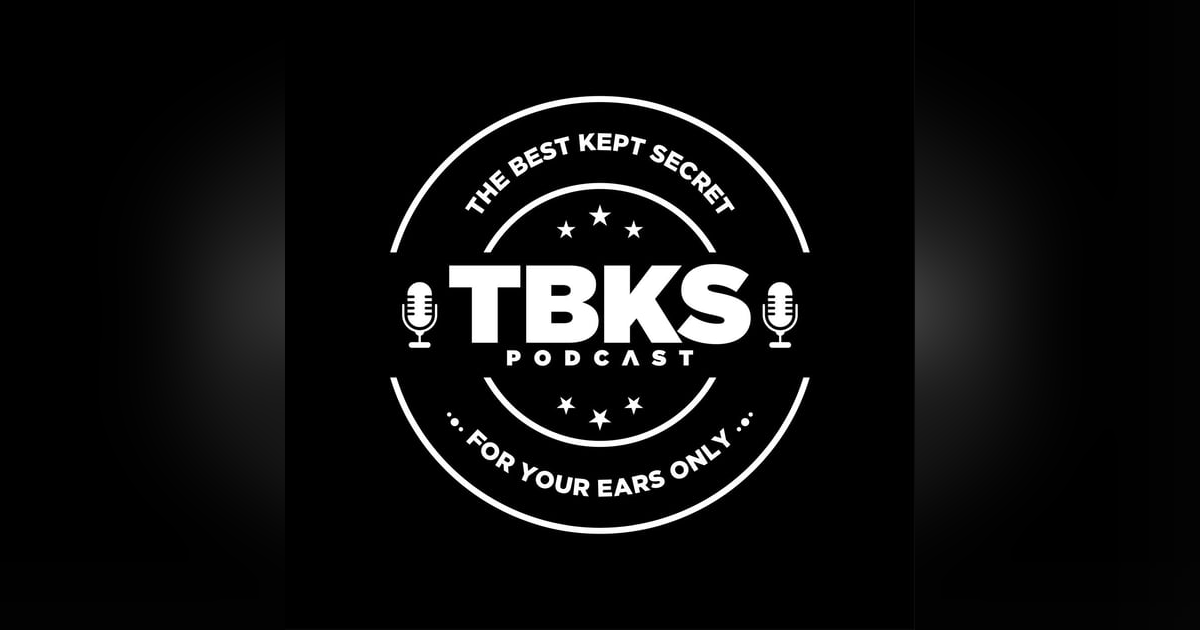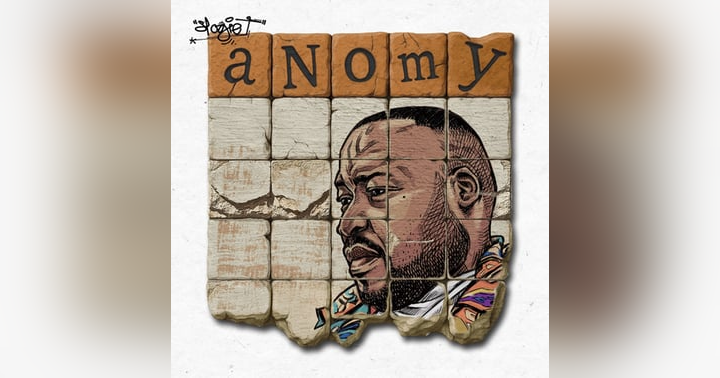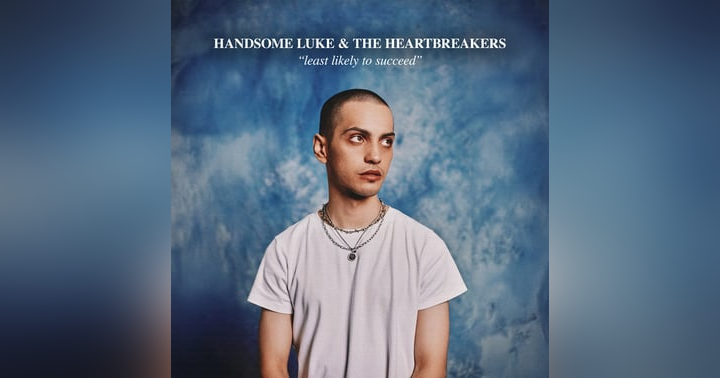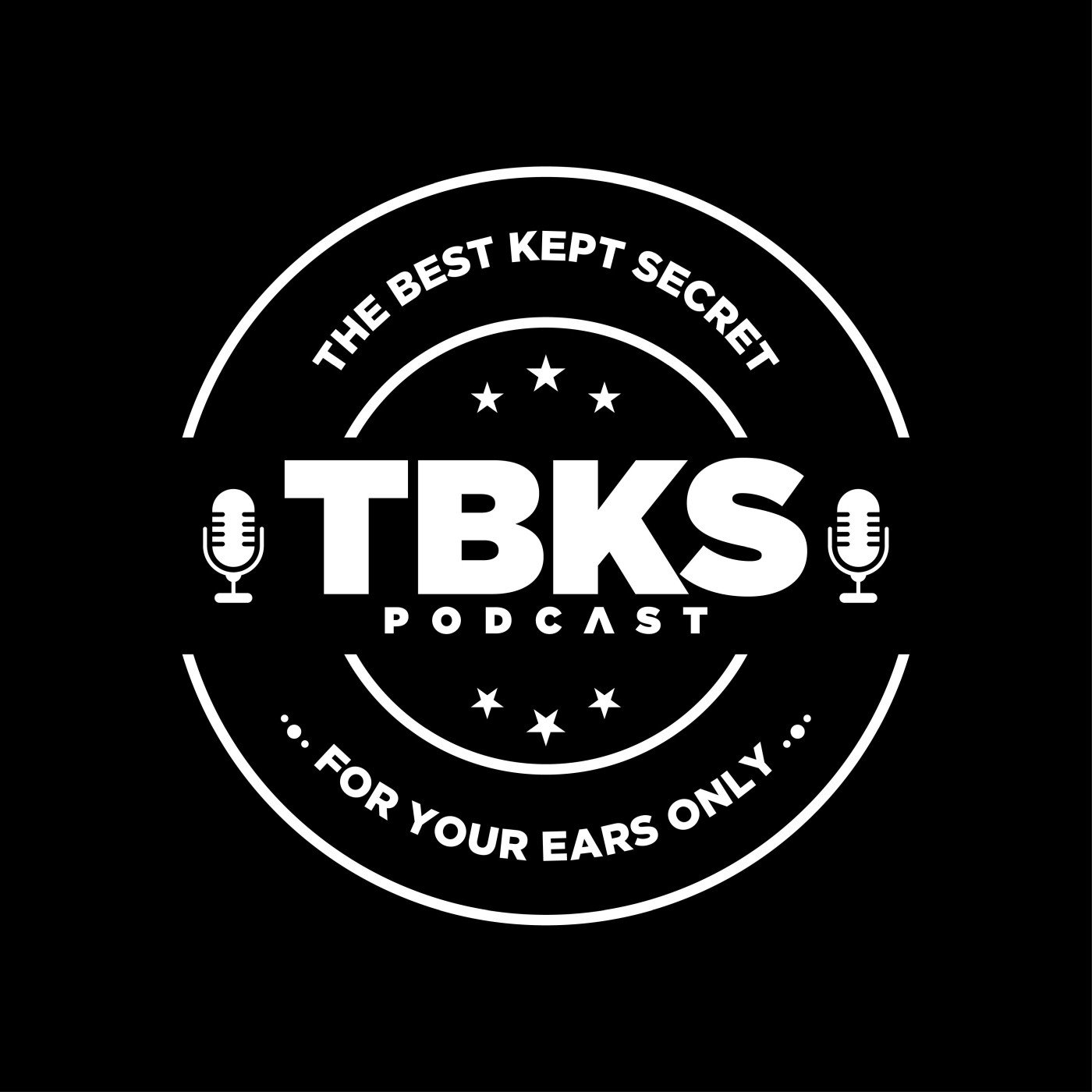J Molley And The Greatest SA Hip-Hop Trilogy That Never Was

I first met J Molley in 2016 and went on to be part of his musical journey, from Dreams Money Can Buy, through Leader of the Wave and All Is Fair in Love & War, to Almost Dead, his last official project released in 2022. I write this as someone who served as Executive Producer on all of them and who watched these projects breathe and then change the air around them. A couple of months ago I wrote about the lost art of narrative albums in the age of streaming, and that piece prompted me to finally talk about a detail many people do not know about J Molley’s discography: the unsung trilogy. It is one continuous journey, and the music is the map. Earth, Purgatory, Heaven or Hell.
EARTH: Dreams Money Can Buy
The opening project is bright and dangerous in the same way new money and new desire are: striking, seductive and already slightly crooked. What reads at first as youthful ambition is threaded with a deeper unease. On first listens you hear hooks and swagger; if you sit with the project, you find lines that work like stage directions for a future collapse.
The tape announces itself with bars that claim newness and reach: “I’m influential, like f**king brand new / don’t need credentials, they simply can’t refuse.” That attitude is earned. He arrived as newness itself — the Internet Boy who led that SoundCloud era — but the shiny surface is always counterpointed by a darker interior.
Two moments on this project make the record a kind of liturgy for danger. In the colder corners of the tape a voice confesses, quietly and without flourish: “I almost shot someone, I almost shot myself.” Later, in an interlude that reads like a private plea placed where a public ear will find it, the line lands flat and honest: “I might just kill myself if I do not kill these thoughts.” These are not flexes. They are reports. They are evidence placed into the public record.
That placement, with confession tucked into an interlude, is deliberate. He is telling us two things at once: he wants to be seen, and he wants his inner life preserved. The interlude becomes the bridge between performance and diary and the record’s first admission that the dream will have a cost. One of the most important lines across the trilogy appears in this first act when he sings about a gun: “Gun up in the safe, found the key, took it out the place / Aimed it at myself, maybe I’m the guy, it was always me / Need to leave this world / Paradise is only one shot away, girl.” By the end of the trilogy you will understand why these lines matter.
There is love too, but in a particular register. For You sounds like a love song at first, but it reads as transaction: intimacy becomes currency, and sacrifice is the mechanic by which the narrator proves worth.
If the debut were a place it would be Earth: fertile, visible and grounded in appetite. Embedded in that soil is a warning. The outro makes that explicit. Where the intro shone, the outro listens: a priestly voice names the danger of chasing money and places faith and materialism in a moral frame. The project closes with a kind of prophecy: pursue this path and you may unbind your own life.
That tension — to know the danger and walk into it anyway — is the heartbeat of the story. The monster is not out there. The monster learns to look back at you from the mirror. Dreams Money Can Buy is not merely the start of a downfall; it is a self-aware prelude.
PURGATORY: All Is Fair in Love & War — the machine that crowns and punishes.
Act Two is the obvious one: the life he dreamed arrives like an engine. Features multiply, production opens out and attention comes on a new scale. But the record exists in an economy where visibility is also pressure. Purgatory is the feeling you get when reward and punishment begin to sound the same.
Listen to the opening contradiction in High As God: the first breath is exaltation — “High as God, hallelujah” — and then comes the admission that collapses it: “Guess I ain’t no God, I’m a loser.” The pairing lays the act bare: ecstasy and hangover on the same bar. That tension repeats across the project; the high becomes a backdrop for deeper collapse.
If I had to extract a thesis for this record it is in the chorus from Life Is Pain that sits heavy and blunt: “Baby, life is pain, there just ain’t no escape / Way too much shit I just cannot erase / Life inside my head is not a game to play” Those lines function like a mood ring for the whole middle act. It reorients how the hooks land; even the loudest moments are saying something weary beneath the lighting.
Life Is Pain is a central document for how identity and damage accumulate. Lines such as “Blood on my shoe like it’s stiletto / I made that bitch throw away her halo” stitch glamour to ruin. He stacks money “like it’s Lego” while confessing that something in him remains unlifted: “This shit got something over me that I can’t get over.” The chorus flips to protectiveness that reads as survival strategy: “Don’t give out your love / You been hurt enough / Don’t give out too much.” There is love in this record, but often as warning. The more you give, the more you expose.
All Is Fair, my favourite on the project, is where the album talks to itself about cost. The chorus’ dream-language sits over verses that read like ledger entries: “If all of this pain had a voice with a soul / She’d speak how my mercy was out of control… I’ve followed these demons in my own way.” The sequence moves from image to confession to ritual. He says he has “a bridge to burn” yet keeps returning, hunting for an ending that will not come. Verse two contains a psychedelic fury: “I’m so vindictive girl I’ll make you crazy / You can’t k**l me you’re just in my head, I’m all alone.” The lines place blame outward and fold it inward at once.
Every Night is prophecy turned habit: “I’m way past complaining… Drowning in pain and baby, I miss you every night.” The lyric repeats until it becomes ritual; longing is the motor that keeps him moving and also the thing that keeps him stuck. The second verse — “Guess I ain’t no god, I’m a loser / I been getting fucked up… If I had a second chance in the past, would I choose her?” — reads like someone trying to rewrite the ledger and finding he cannot.
Another is wound in plain language: “Shawty I love you but I wanna kill you, I don’t understand it.” That paradox, tenderness braided with violent impulse, is central to the middle act. It is not shock for shock’s sake; it is the way intimacy and rage can sit beside each other in the same mind. The chorus doubles down on self-medication: “Rather just drink till the sun up / I could never be with another.” In the bridge he confesses the pattern: “Pour up a Forty and sip till I cry and record it.” He then rationalises the cycle: “Life is ‘bout loving and learning, so f**k it I’m with it.” The contradiction is the point; the record lives in that ambivalence.
Shifted pushes the theme of displacement: “Think I might’ve shifted out of time… Feel so heroic… This shit so intrinsic and I show it… I’m on a trip and woah, I’m overdosing.” The song reads like someone losing chronological anchoring — experiencing high and fall at once. The line “Suffering’s imperative” flips suffering into necessity; he seems to argue that pain is part of the package and even proof of living.
Across Act Two one thread is clear: visibility is not simply platform; it is pressure. The bigger the stage, the less private the private stays. What used to be a whispered confession becomes a repeated chorus. The more he confesses on bigger stages, the more those confessions are turned into content — consumed and re-consumed. Purgatory is therefore not only an inner state but a social structure: spectacle that punishes.
HEAVEN or HELL: Almost Dead — the ledger closes, the silence begins
Act Three narrows. The production leans in and the arrangements pull close. There is less gloss and more inventory taking. The voice reads like a list now, of pills, nights and names. I think of this record as a ledger; it counts what the life cost.
No Mind opens like a live wire: “Molley just depressed, don’t pay him no mind / Gun up on my head, might do it this time.” That chorus reads like a diary entry. What was once metaphor moves into the plain language of potential endings. He lists coping mechanisms — “Popping all these pills to make me feel less / Going up to rehab was a real test” — and the ledger grows: “If I pop all my pills it’s curtains / I am not so thrilled with hurting.” The nervous list of survival tactics disguises desperation.
Rehab is what happens when the public story returns home. He names who is affected: “Mama, I know that you don’t want me going to jail / Know that you praying, I know that you hope I prevail.” The record does not merely dramatise pain; it shows consequence. There is talk of vests, knives and relapses — “I been relapsing, I hope I don’t fall off the rails” — and what that does to family. The album becomes the air in a kitchen where anxiety arrives at the table.
The final stretch is sharp. Crime Pays turns an edgy slogan into a worn-out defence: “Crime pays, I been up for nine days.” The line reads less like swagger and more like arithmetic, a tally of measures that once protected and now entangle. Then No Way, the bluntest admission, pulls the curtain down: “Shawty asked me, ‘Molley are you fine?’ I said, ‘No way. I been sitting crying every night… I just wanna de if I’m honest.’” No ornament, no camera. It is a statement you cannot easily dramatise; it is an evidence note.
You hear Heaven at the end: “I need love that shit is heaven… I need a life source, God knows I fight for it.” The chorus is both prayer and proposition, love as literal antidote. The final image is tender and contradictory: obsession called piety, drinking called suppression. The closer slides into a hush that reads like an endnote. The insinuation in the final bars, an act suggested rather than staged, makes the silence after the record part of the narrative. There is no next chapter in the discography that resolves the ledger. That absence is structural: silence as punctuation.
If there is a single image I return to again and again it is the monster in the mirror. In Paranoia from the first project, he points a gun and then sees himself: “Aimed it at myself, maybe I’m the guy / It was always me.” Years later, in No Mind, he returns to the same machinery: “Molley just depressed, don’t pay him no mind / Gun up on my head, might do it this time.” On the first project, he alludes to shooting himself to find an escape from the demons in his head – and then the final song on the final album, it opens up with a 911 call made by a young girl who reports that her brother has shot himself. Full circle. The trilogy documents the moment a threat that seemed external folds back into the self. That realisation collapses the easy narrative of outside antagonists and forces a quieter, harder question: how much of this was built from within?
Then there is the economy of confession. The records show a double bind: being honest is brave and necessary, but in a feed-driven market honesty becomes a product. Your truth can make money and make enemies. Confession becomes a commodity; the line between healing and exposure blurs. I think of the trilogy as a study in what happens when therapy goes public. Sometimes it heals, and sometimes it becomes the material that prolongs harm.
When I listen back now, I keep returning to the outro of Dreams Money Can Buy and the priest’s warning about money and faith. He left himself a prophecy there. He walked into Act Two knowing the danger and kept going. Maybe he believed he could outpace the consequence. Maybe he hoped confession would be enough. The records do not give tidy answers. They give a ledger, a list, a repeated image that grows until it feels like fate.
Final note: silence as architecture
Look at the trilogy as a map and you will see how certain lines stitch across records: the gun, the prayer, the beauty and the terror. They are the bones. The skin is the beats. The heart is the testimony. This trilogy is messy, honest and dangerous because it refuses to tidy itself into a press-cycle soundbite. It lives in the small repetitions that become meaning.
This is not a verdict. It is a posture. J Molley’s decision to step away from the spotlight after Almost Dead is part of the piece now. That absence — the lack of another album that resolves the ledger — functions as a structural decision. It asks the listener to hold the music as evidence and to treat it with the care you would give to an object that survived its own undoing. The songs are not evidence in a courtroom; they are the rooms where a life was tried on, worn out, and then recorded. When an artist puts internal violence and tenderness in the same breath, the work stops being entertainment and becomes witness. That shift is the moral gravity of this arc. Revisit the music with the trilogy narrative in mind. Listen carefully, and then take responsibility for what you do with what you hear.







